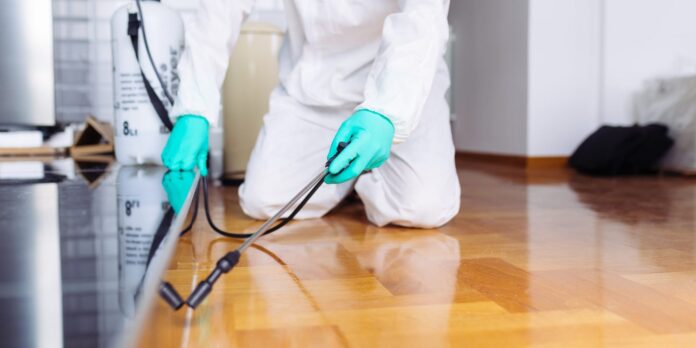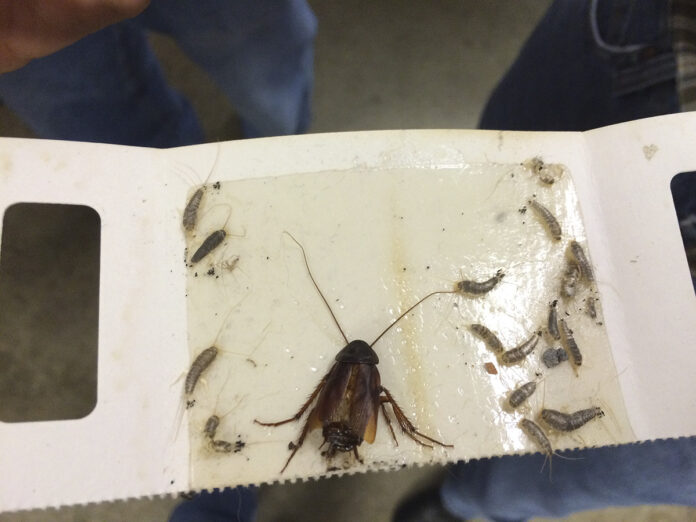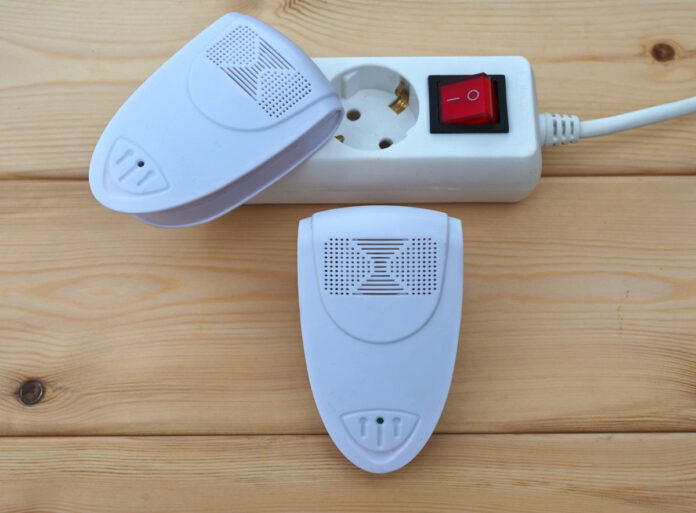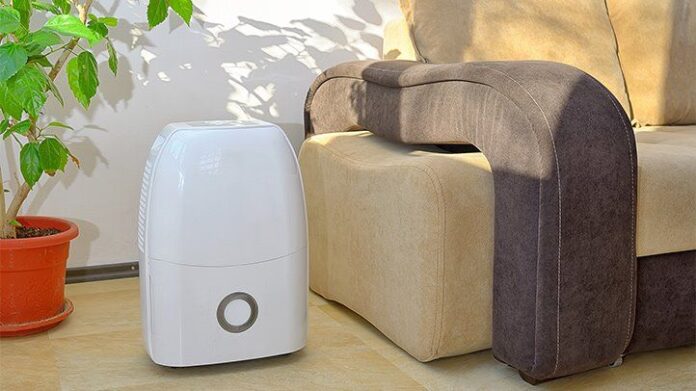When it comes to maintaining a clean and comfortable home, dealing with pests is often an inevitable challenge.
Whether it’s ants invading your kitchen, spiders spinning their webs in the corners, or cockroaches scurrying across the floor, these unwanted guests can quickly become a nuisance.
However, with a bit of knowledge and some clever tricks, you can outsmart these pests and regain control over your living space.
Seeking Professional Help and Pest Management Services

If your pest problem becomes overwhelming, it may be time to seek professional help. Professionals like SWAT Pest Control Brisbane have the expertise and experience to tackle even the most challenging infestations.
They can assess the situation, identify the source of the problem, and develop a targeted treatment plan to eliminate pests from your home.
Regular management services can also provide preventive treatments to keep your home pest-free in the long term.
Identifying Entry Points and Vulnerabilities
Pests often find their way into homes through small cracks, gaps, and openings. Inspect your home thoroughly to identify potential entry points.
Common areas to check include doors, windows, utility openings, vents, and pipes. Seal any openings you find using caulk, weatherstripping, or wire mesh.
Additionally, pay attention to vulnerable areas such as damaged screens, loose siding, or gaps around utility lines, and repair them promptly.
Maintaining a Clean and Organized Home
A clean and organized home is less attractive to pests as it reduces their access to food, water, and hiding places.
Regularly clean your kitchen, including countertops, sinks, and appliances, to eliminate crumbs and spills.
Store food in airtight containers and promptly remove any standing water. Decluttering your home and reducing clutter in storage areas minimizes hiding spots for animals.
Natural Repellents and Deterrents
Nature provides us with a plethora of natural remedies to repel and deter pests, taking advantage of their aversion to certain plants and herbs.
By strategically planting herbs like lavender, mint, rosemary, or basil around your home’s perimeter or near entry points, you can create a natural barrier against animals.
These plants emit strong scents that act as natural repellents, discouraging them from approaching your home.
Additionally, you can harness the power of natural substances such as vinegar, lemon juice, and essential oils like peppermint, tea tree, or eucalyptus to create effective deterrents.
By incorporating these ingredients into sprays or cleaning solutions, you can enhance your efforts with natural and environmentally friendly methods.
Effective Use of Traps and Baits

Traps and baits are useful tools for catching and eliminating pests. Depending on the type of animals you’re dealing with, there are various options available.
For example, sticky traps work well for catching crawling insects like spiders and cockroaches, while snap traps are effective for mice and rats.
Place traps strategically in areas where pests are most active, such as along walls, near food sources, or in known entry points.
Using Essential Oils
Essential oils not only provide a pleasant fragrance but can also be used to repel pests. Certain oils, such as peppermint, tea tree, and citronella, have natural insect-repellent properties.
Mix a few drops of these oils with water and spray the solution in areas prone to pest activity, such as windowsills, doorways, and baseboards.
Remember to test the oils on a small area first to ensure they don’t damage any surfaces.
Creating a Barrier with Physical Barriers
Physical barriers can be an effective way to keep pests out of your home. Install door sweeps on exterior doors to block pests from sneaking in through gaps at the bottom.
Use mesh screens on windows and vents to prevent insects and other small animals from entering.
If you have a garden, consider installing fencing or netting to keep larger animals, such as rabbits or deer, from damaging your plants.
Utilizing Electronic Devices

Technology has given us innovative ways to control pests without using harmful chemicals. Electronic devices emit ultrasonic or electromagnetic waves that repel pests.
These devices are safe for humans and pets but can deter animals like rodents, spiders, and insects.
Place these devices strategically in areas where pests are most active or where you’ve noticed their presence.
Proper Food Storage and Handling Practices
Store food in airtight containers to deter pests and maintain freshness. Keep countertops and surfaces clean to eliminate food debris that attracts pests.
Store fruits and vegetables properly to minimize odors and discourage animals. Dispose of garbage properly in sealed bags to prevent them from being attracted to the area.
By implementing these practices, you can ensure that your food remains protected and minimize the risk of pest infestations in your home.
Managing Moisture and Humidity Levels

Managing moisture and humidity levels is crucial in preventing infestations and maintaining a healthy living environment.
Excess moisture creates favorable conditions for animals like mold, fungi, and insects to thrive. To manage moisture, use dehumidifiers in damp areas and ensure proper ventilation throughout your home.
Fix any leaks or plumbing issues promptly to prevent water accumulation. Keep an eye on areas prone to condensation, such as bathrooms and kitchens, and use ventilation fans to reduce moisture.
By controlling moisture and humidity levels, you can discourage pests from establishing themselves and create an inhospitable environment for their survival.
Integrated Pest Management (IPM) Strategies
IPM strategies are holistic approaches to pest control that prioritize long-term prevention and environmentally friendly methods.
It involves several key practices, including monitoring, identification, and assessing the extent of infestations. By understanding animal behaviors and life cycles, targeted interventions can be implemented.
These interventions may include physical barriers, biological controls, and cultural practices. IPM also emphasizes regular maintenance, sanitation, and education to prevent future problems.
By employing IPM strategies, homeowners can achieve effective and sustainable control while minimizing the impact on the environment and human health.
Conclusion
Home pest control can be a tricky business, but with the right attitude and clever tricks, it is possible to outsmart unwanted guests.
A few simple steps like keeping food sealed up tightly, regularly cleaning your home, sealing all potential entry points into your house, and making sure there are no water sources for pests will go a long way in ensuring that you keep uninvited visitors at bay.
With these helpful tips in mind, you can enjoy peace of mind knowing that your home is free from any unwanted guests.









